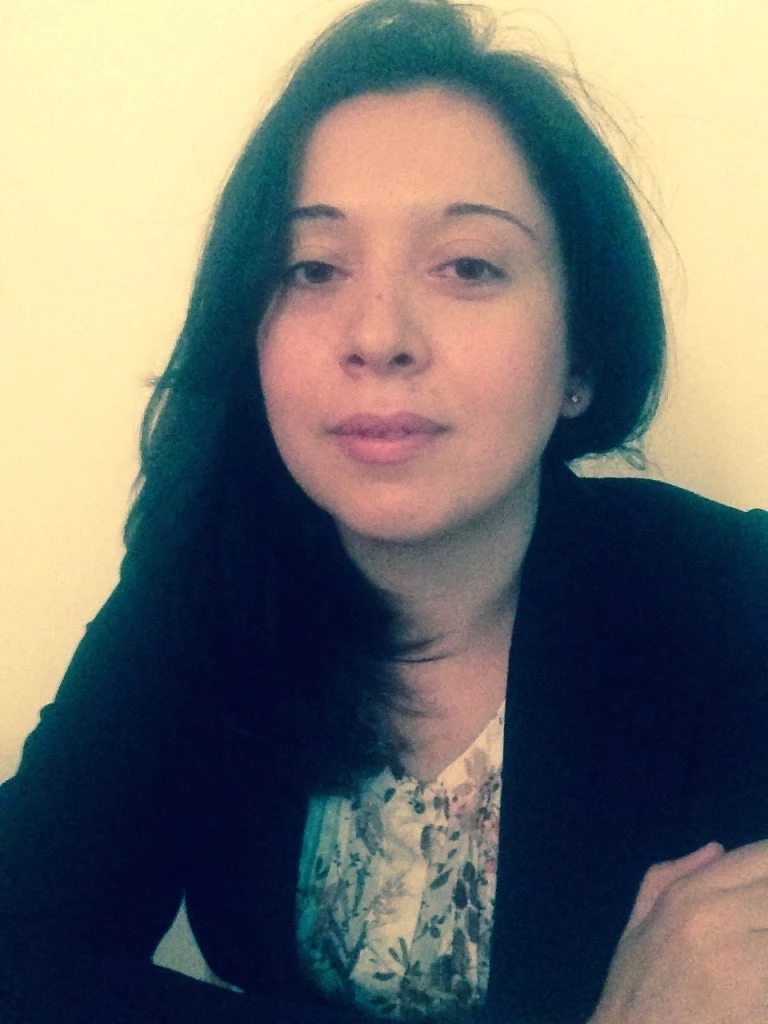 A young women trains for a license to operate rail transport in a program by Azerbaijan Railways. Copyright: The State Agency for Vocational Education of the Republic of Azerbaijan.
A young women trains for a license to operate rail transport in a program by Azerbaijan Railways. Copyright: The State Agency for Vocational Education of the Republic of Azerbaijan.
You may be asking why these restrictions exist. These restrictions, inherited from laws of the former Soviet Union, were intended to protect women’s health but were not necessarily based on a thorough risk assessment for each job. Moreover, they did not consider technological advancements and changes in work and occupational health and safety standards over the past decades.
In November 2022, Azerbaijan repealed these restrictions on women’s employment, working with the World Bank to show that these roles posed no specific threat to women’s health. Instead of across-the-board restrictions, the new rules adopt a health risk-based approach to specific jobs exclusively for pregnant women and those with children under one year of age.
Why should Azerbaijan or any other country promote women’s work in these technical jobs?
- Equal employment opportunities: Both men and women are entitled to equal employment opportunities in all professions, as enshrined in the Constitution of the Republic of Azerbaijan. The ability to drive a city bus or a bulldozer should depend on one’s skills, training, and experience rather than on one’s gender.
- Women’s economic empowerment: While women in Azerbaijan have higher educational attainment than men, they often earn less. Opening opportunities for women in technical roles provides them with financial independence and fosters gender equality in the workforce.
- Benefits for businesses: Having women in traditionally male-dominated fields contributes to a more diverse and inclusive workplace, which increases creativity and diversity of thought, enhances understanding of the female consumer base, and helps to attract and retain other female employees.
- Economic growth: Increasing the availability of high-quality jobs for women is essential to raising the female labor supply, which is much needed for economic growth and competitive human capital.
Beyond legal reforms
The reform needs to be followed by tackling deeply embedded “soft” barriers that impede women’s access to employment in traditionally male-dominated sectors of the economy.
Solutions to these barriers span many areas:
- Cultivating women’s interest and participation in science, technology, engineering, and mathematics (STEM) fields of education and work: STEM fields must be made more appealing to girls, and stronger connections are needed between technical institutions and industries experiencing gender-based employment gaps.
- Improving workplace terms and conditions, such as creating gender-sensitive infrastructure, adopting a zero-tolerance policy against violence and sexual exploitation and abuse, and sexual harassment, implementing gender-blind hiring and promotion practices, and ensuring equal pay for equal work.
- Addressing women’s disproportionate household and care responsibilities, which adversely affect their ability to work outside the home in jobs they may desire. Men can and should help share these responsibilities, while governments and employers can offer quality and affordable child and elderly care facilities.
What is being done across the country?
Many organizations in Azerbaijan are taking significant steps forward by providing training for women in traditionally male-dominated professions, revising their hiring processes to ensure inclusivity, and implementing policies to address workplace gender-based violence and harassment.
For example, Azerbaijan Railways and the Port of Baku – recipients of advisory services through the World Bank’s Azerbaijan Rapid Technical Assistance Facility, which is financed by the European Union – are further improving their respective human resources policies and practices to increase the share of women in total and across male-dominated roles in their respective workforces. Some notable progress is already underway. The Azerbaijan Railways recently initiated the first-ever training for women train operators, while the Port of Baku has been providing generous childcare policies to mothers and recruiting and retaining female interns, among other activities.
Capitalizing on momentum
The World Bank is collaborating with Azerbaijan’s Ministry of Labor and Social Protection of the Population (MoLSPP) to conduct several events that capitalize on the current momentum and address these “soft barriers.”
Trainings on Occupational Health and Safety, and Violence and Harassment—a Gender Perspective, prepared jointly with the European Bank for Reconstruction and Development, included representatives of industries, universities, and MoLSPP. An e-learning version of the course is now available here.
The World Bank also held a stakeholder roundtable on promoting women in STEM fields comprised of education institutions and representatives from several male-dominated industries. Participants exchanged information about how to nurture female talent and set up transition routes between educational institutions and employers.
Removing legal restrictions was undoubtedly an important first step towards integrating women in traditionally male-dominated sectors of the economy, but it is far from enough. This momentum must not only be sustained but strengthened for Azerbaijan to realize its vision of an equal and diverse workforce.
A handful of the former Soviet Union countries are still carrying employment bans for women in their legislation may want to follow Azerbaijan’s experience in repealing these restrictions using evidence-based justification.
To receive weekly articles, sign-up here



Join the Conversation